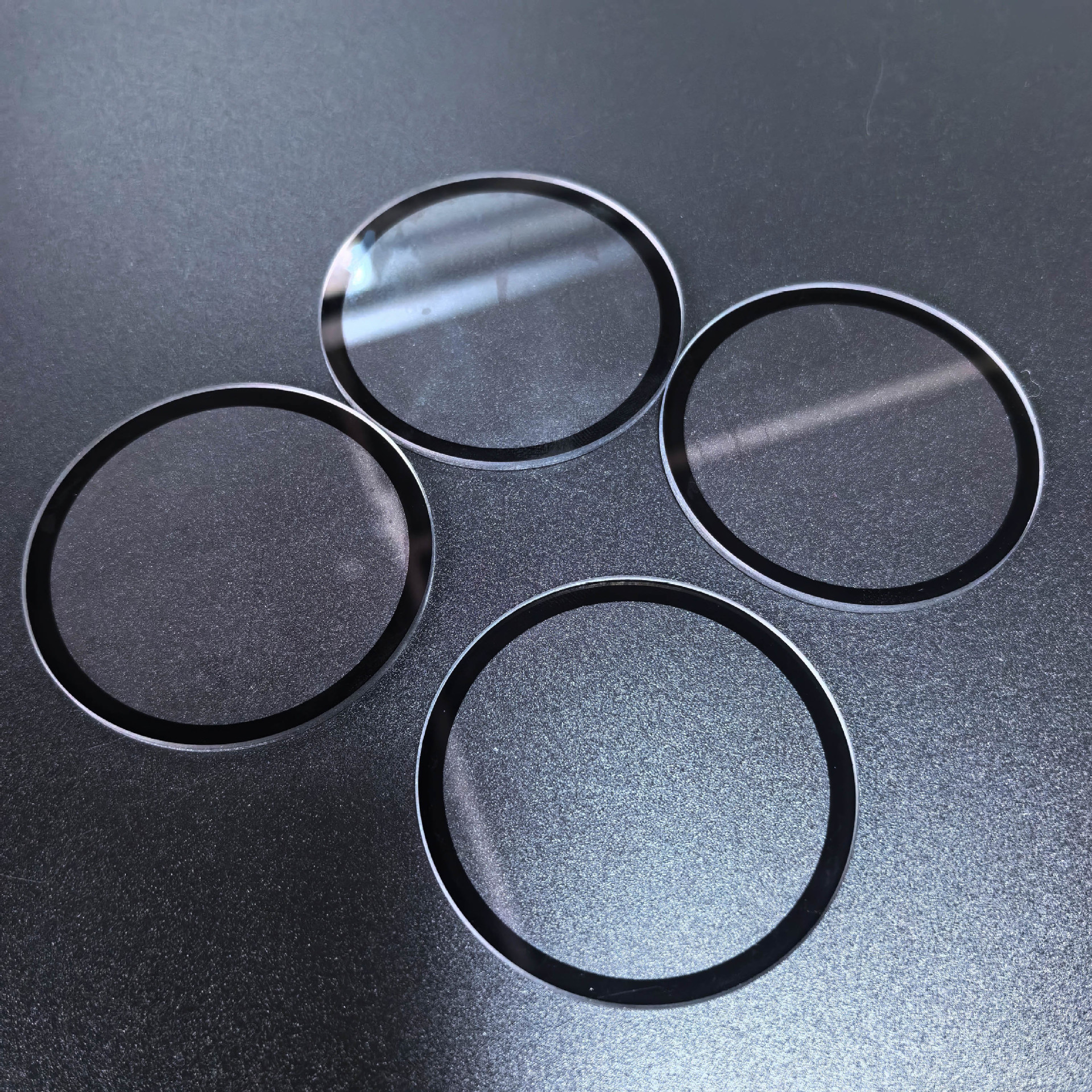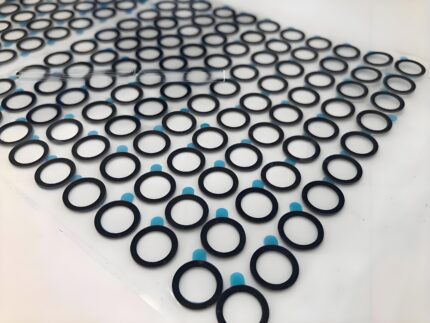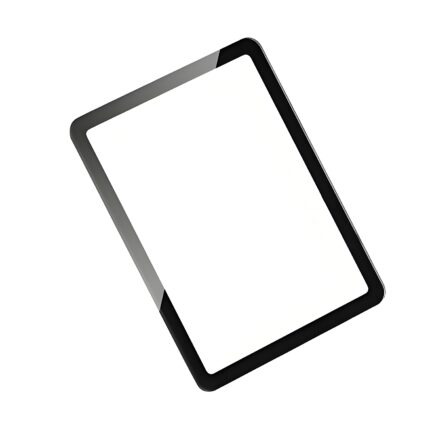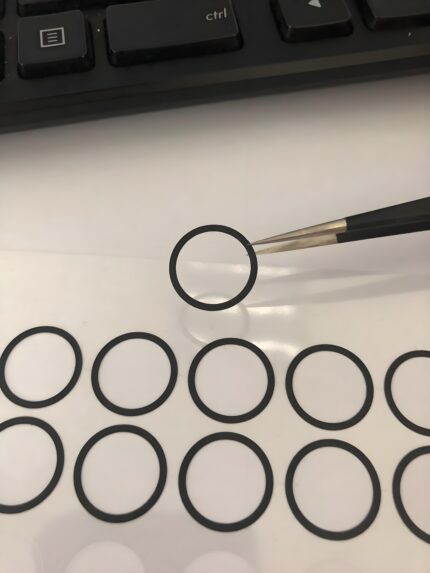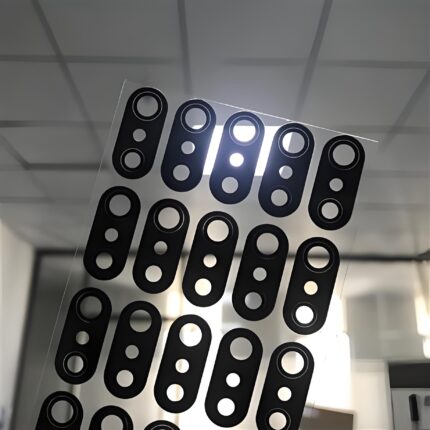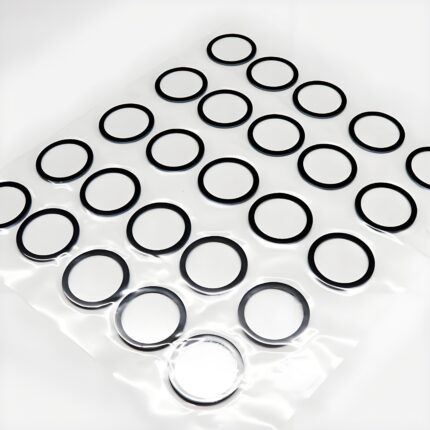Wide-Angle Dash Cam Lens Glass: No Distortion Custom Orders
Upgrade your device with our premium camera lens glass – engineered for crystal-clear imaging and ultimate durability. Made from scratch-resistant sapphire or shatter-proof Gorilla Glass, our precision-cut lens covers protect smartphone, drone, and security cameras from drops, dust, and scratches. Optional anti-reflective (AR) coatings reduce glare, while hydrophobic layers repel water and oil. Custom sizes and shapes available for OEM/ODM projects. Enhance performance and longevity – order now or request a quote!
Cam Lens Glass: The Ultimate Guide to Materials, Durability & Customization
What Is Cam Lens Glass?
Cam Lens Glass refers to the transparent protective cover placed over camera sensors in devices like smartphones, security cameras, drones, and automotive systems. It directly impacts image quality, scratch resistance, and durability. Weiman Tech can offer full sets of glass solutions.
Key Functions:
Protection: Shields the delicate camera sensor from scratches, impacts, and environmental damage.
Optical Clarity: High light transmission (e.g., >90%) ensures clear images.
Coatings: Anti-reflective (AR), hydrophobic, or IR-filter coatings enhance performance.
Types of Camera Lens Glass Materials
1. Sapphire Glass
Pros: Extremely scratch-resistant (9H Mohs hardness), used in premium smartphones (e.g., iPhone).
Cons: Expensive, more brittle than other materials.
2. Gorilla Glass (Aluminosilicate)
Pros: Balanced cost/durability, common in mid-range phones (e.g., Samsung).
Cons: Less scratch-resistant than sapphire.
3. Ceramic Shield (Apple’s Proprietary)
Pros: Superior drop resistance (e.g., iPhone 12+).
Cons: Requires specialized manufacturing.
4. Polycarbonate (Plastic)
Pros: Low-cost, lightweight (common in budget devices).
Cons: Prone to scratches, reduces image clarity.
Why Does Camera Lens Glass Matter?
Image Quality: Poor-quality glass causes lens flare, blur, or color distortion.
Durability: Cracked lens glass renders cameras unusable (costly repairs).
Specialized Needs:
Security Cameras: Require vandal-proof glass.
Dash Cams: Need hydrophobic coatings to repel rain.
Custom Camera Lens Glass Solutions
Manufacturers offer customization for:
Shape & Size: Fit unique device designs (e.g., circular, rectangular).
Coatings:
AR Coating: Reduces reflections (critical for car cameras).
IR Cut-Off: Blocks infrared interference (for security cameras).
Material Upgrades: Sapphire for high-end devices.
Industries Served:
Consumer Electronics (Smartphones, Drones)
Automotive (LiDAR, Dash Cams)
Medical (Endoscope Lens Glass)
How to Choose the Right Lens Glass Supplier?
Certifications: ISO 9001, RoHS compliance.
Testing Standards: Scratch resistance (ASTM C1624), impact tests.
Customization Capabilities: Prototyping, bulk orders.
FAQs About Camera Lens Glass
Q: Does lens glass affect photo quality?
A: Yes—low-quality glass causes haze or glare.
Q: Can scratched lens glass be repaired?
A: Minor scratches may be polished, but replacement is often safer.
Q: How to clean camera lens glass?
A: Use microfiber cloth + isopropyl alcohol (avoid abrasive materials).
Conclusion
Camera lens glass is a critical yet often overlooked component. Whether you’re a manufacturer sourcing custom OEM lens glass or a consumer comparing smartphone durability, understanding materials and coatings ensures optimal performance.
Looking for reliable lens glass solutions? Contact us for quotes on custom designs!


